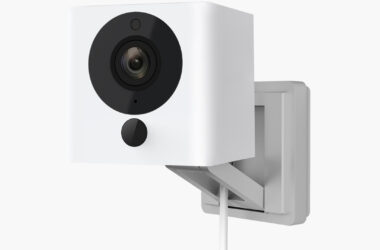Most of the people reading this blog are workers whose skills and experience are in demand; we’d all like to think that our time has real value, and that someone using it ought to be paying to use that time. Of course, outside of work, that’s a much harder argument to make, and even within the context of a full-time job, modern management is trending towards result-driven evaluation rather than office presence. Basically, your time is getting harder and harder to quantify.
Then comes along a service called Clarity whose explicit purpose is to sell your expertise, and along the way figure out how big that dollar sign is above your head. It’s a marketplace for advice from experts to those willing to pay of a few minutes of their time, and I’ve been trying out the service for a couple of months out of curiosity and to test whether someone who wasn’t already famous could indeed advise others for hard cash.
Well, so far, I’ve made two calls and made around $30/call. Not great, but honestly more than I had expected.
Now, one immediate counterpoint is that charging $100/hour or $120/hour sounds like a lot, but is achievable for engineers and designers via consulting if they have a rare enough skillset or have reputation in the industry1. The “work” isn’t the same, though: talking on the phone for 15-20 minutes and passing down industry-specific knowledge to an outsider is pretty trivial, not to mention that it’s something I’d already gladly do for free. The level of energy required and drained is very different than 20 minutes of intense coding or debugging via consulting or a full-time job.
For those who don’t normally charge by the hour but do dole out advice as a part of their everyday work, Clarity is one model of the free market in action. Earlier on, they made headlines by signing on Mark Cuban but having his time be valued at $10k/hour – likely more for publicity than anything else, but more realistic rates on the site can edge upwards of $300, $400 an hour.
And the service is meant to be used for small bursts of time. Communication is done through a proxied conference call, with nothing more than the phone call and a simple messaging system on the site. It limits the topics of conversation to those that can be solved with a few minutes of introduction and limited context, which can cut both ways. For some problems, the value of the advice is front-loaded and all the caller needed was a pointer in a general direction or a reaffirmation of their strategy. Other times, the conversation is more exploratory, and an epiphany may not come until the end of the talk.
In any case, I’m glad that Clarity exists to further facilitate the flow of information and perhaps even a brief window of mentorship. The leaders we look up to gave each other advice all the time, and increasing accessibility can only raise the tide for all our metaphorical boats.



